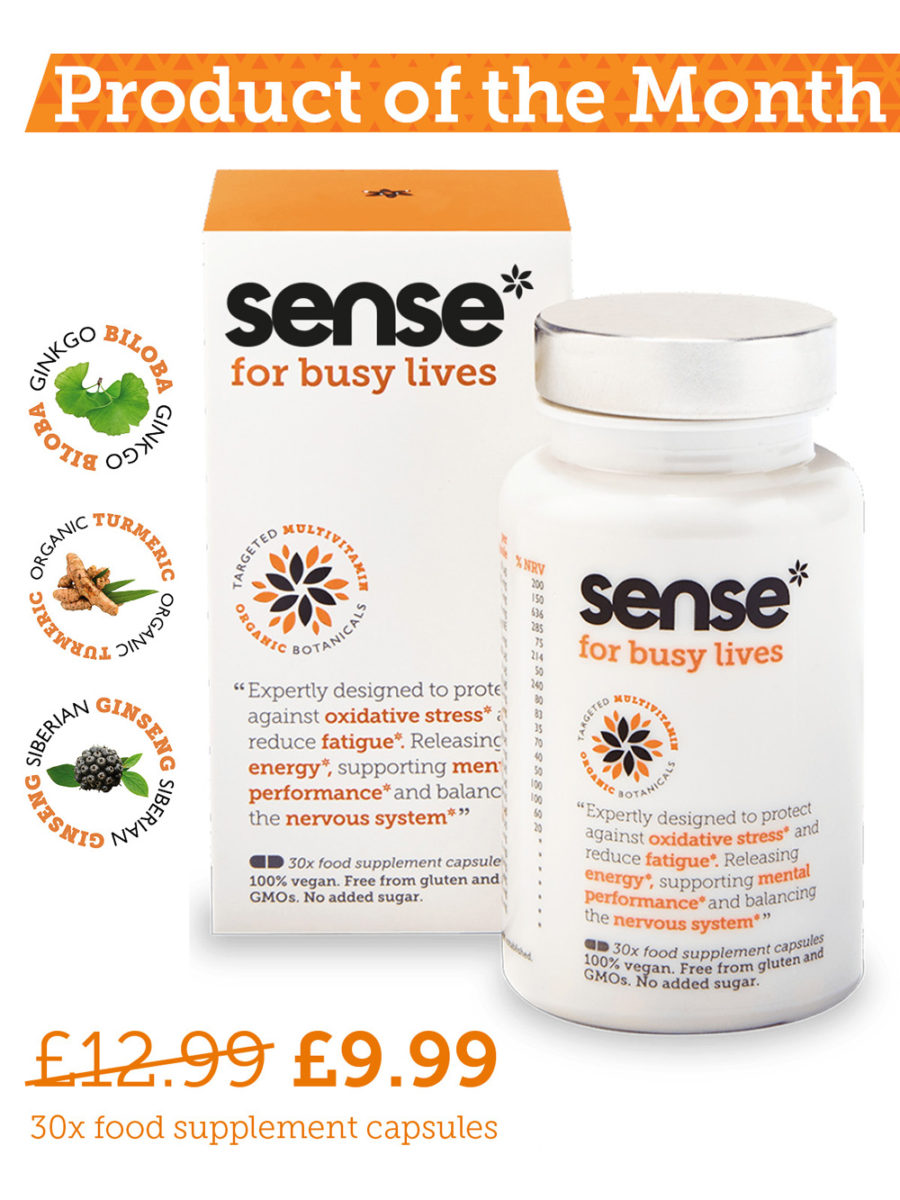
Do you love breathing in fresh air? So do we. That’s why we’re sharing seven ways to help you spend more time outdoors.
Many of us love being outside, but it can be hard to find the time. We’ve got so much to do at our desks and at home, battling with never-ending lists of tasks and people we need to see.
Ask yourself this: how much time did you spend outdoors today, or this week?
If you’re spending more time looking out of your window than being outside; this may be the perfect time to dive into a new hobby and indulge in some true you time. Starting a hobby that takes place outside not only gets you moving, but you’ll also benefit from that essential daily dose of vitamin D.
Sound intriguing? We’re here to help, with top tips to get you moving. Don’t panic – we’re not saying you have to do an outdoor HIIT class!
1) First things first… focus on the fun
Chilly weather can definitely knock your motivation. When it’s cold (and especially wet), it can be hard to drag yourself out for a walk or run – but the endorphins from active and social pastimes can help give you that extra boost! Persuade a friend or colleague to go with you or join an online community for support.
Being with others who share the same interests, goals and hobbies, helps to keep you motivated and creates the often-needed sense of accountability. There are tons of social media groups that you can join, where you can meet like-minded people, share your progress and challenge others.
2) Driving? That’s so yesterday… why not ride a bike to work?
If you haven’t already joined this bandwagon, then why not give it a go? Not only does cycling to work combine physical exercise with being outdoors – but you also get the added bonus of exploring new views and finding new routes! Compare these two experiences:
Commuting journey option A:
Defrost your car, get in the car, sit at traffic lights, spend more time sitting in traffic, spend even more time searching for a parking space, pay to park, and end up arriving late and flustered.
Commuting journey option B:
Put on your helmet, get on your bike, filter past traffic, breath in the fresh air, lock the bike, and arrive with time to spare… and in a much better mood!

3) How about a fulfilling outdoor past-time?
If walking, running and cycling aren’t for you – or you’re simply looking for a new interest, have you thought about developing ‘green fingers’?
Gardening has been introduced to many hospitals, prisons, nursing homes and community centres due to the vast amount of health benefits that come with it! It can help keep your muscles agile, distract you from daily stresses and of course, provides a real sense of achievement, purpose and the ingredients for delicious home cooked meals if you plant herbs and vegetables.

4) T’ai chi in the park anyone?
To maintain core and bone strength it’s important to partake in some form of exercise as it encourages the deposition of calcium into the bones. As we age, we may consider lighter forms of exercise like yoga or t’ai chi, these forms of exercise are great for flexibility, muscle strength, toning, energy and protecting the body from injury by increasing bone mass.
5) OK, so you’ve found your perfect hobby… now how do you maintain it?
Revisit your food intake. It sounds simple but when the weather is cold, it is often our natural instinct to eat comforting, starchy foods. Check in with yourself and make sure you are eating a balanced and healthy diet in order to provide your body with the correct nutrients it needs to help keep you energised and alert for the hobby you’ve chosen.
The key food groups that we often don’t get enough of are fresh fruit and vegetables, and whole grains such as oats and brown rice. Did you know that we’re really supposed to eat nine portions of fruit and vegetables per day? The reason that the government recommends five portions is because they thought people would be so put off by the recommendation of nine portions, that they’d ignore the recommendation entirely!
We love having a weekly ‘cheat day’ were we indulge in a few extra things we love… all part of a balanced life!
6) Is there a perfect diet?
I’m afraid not. There are always going to be gaps in the nutrition that you can consume through food and drink alone. However, there is a range of crucial vitamins and superfoods that can help with your joints and bones that you can supplement.
- For example, Vitamin C supports cartilage and collagen formation, helping you to preserve joint flexibility.
- Boswellia, derived from the Boswellia serrata tree contains anti-inflammatory properties.
- Magnesium contributes to bone maintenance and helps assist with the repairing process.
To make sure that you have these vital nutrients in your diet, let us help… sense* for joint & bone contains a mixture of these vitamins, minerals, superfoods and botanicals, including a host of other nutrients, scientifically formulated by a qualified research nutritionist, to help support the body’s moving parts.
7) How can you get enough sleep?
Not only is sleep is an important time for you to recharge your batteries, but it is also the time when the body repair cells.
When you don’t get enough shut-eye or you have a restless night, you can feel irritable, lack concentration, lack energy and can become more vulnerable to infections as your body does not have the strength to fight its battles.
Getting a good night’s sleep may seem an impossible goal when you’re wide-awake at 2am, but fortunately there are many practical ways to improve your sleeping habits. Try experimenting with the following, log them in your diary and see what works for you…
- Try cutting back on caffeine and stop drinking caffeinated drinks any later than lunchtime. Some people don’t metabolise caffeine efficiently and this can leave you feeling its effects long after consumption.
- If you’re trying to make up for lost sleep, it’s better to go to bed early and wake up at your normal time. Avoid making up the lost time by sleeping in late, as this will make it harder to fall asleep the next night and you can end up finding yourself in a vicious cycle.
- Watch what you’re eating throughout the day. Sugary foods can cause your blood sugar to drop overnight, resulting in adrenaline being released into your bloodstream and causing you to wake.



